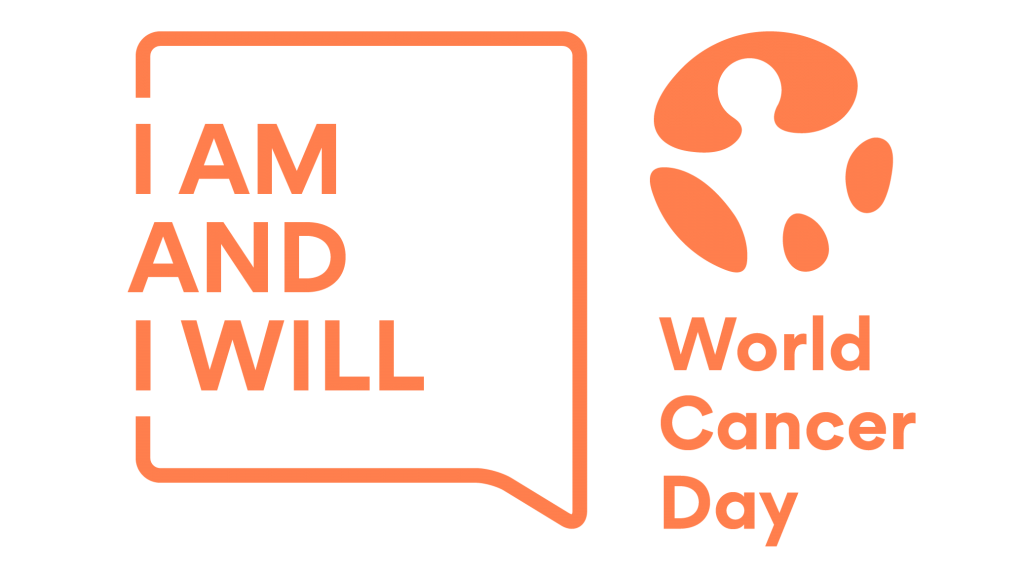
The primary objective of World Cancer Day—a global event that takes place every year on February 4—is to get people talking about cancer. This event aims to raise awareness of cancer and encourage its prevention, detection and treatment. Be sure to visit http://www.worldcancerday.org for more information.
Work Stride supports this important event to highlight what we can do in the workplace to support those employees diagnosed with cancer or are caring for someone with cancer. The program also helps managers support their employees while receiving cancer treatment.
Work is so often tied to a person’s identity and purpose. When able, employees overwhelmingly wish to stay at work. Work Stride supports employers who want to create a workplace culture where employees with a cancer diagnosis know that when they are able to return to work, they will be both welcomed and supported.
Employers and managers can take several actions to help people living with cancer take control of their health and wellbeing during this transition back to work:
Establishing and enforcing workplace policies that ensure those coping with cancer—and their caregivers—are not disadvantaged or discriminated against in recruitment, on the job, and upon their return to the workplace.
Caregivers also need flexibility at work. Employers can be supportive by extending flexible workplace policies to caregivers and providing access to resources such as workplace counseling.
We spend the majority of our time at work, and for many of us it is an extension of our family. It’s important that co-workers are sensitive to the needs and feelings of a colleague affected by cancer; keeping in touch during time away from the workplace is very helpful. Taking the opportunity to support one another is invaluable and goes a long way for both the receiver of good will and the recipient.
If you are an employee affected by cancer, please let us know how much or how little you have been supported. We’d like to hear your ideas about what would have improved your experience of managing cancer at work. Please send your thoughts/insights to: ManageCancer@jh.edu.
References
Macmillan Cancer Support. Managing Cancer in the Workplace.
http://www.macmillan.org.uk/Cancerinformation/Livingwithandaftercancer/Workandcancer/Supportformanagers/Employersguide/Managingoverview.aspx.